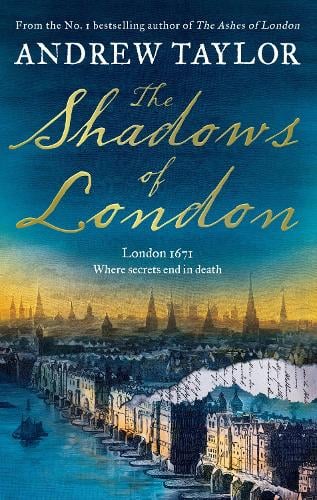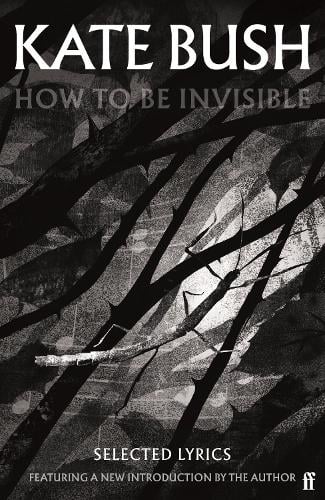I always enjoyed reading Oliver Burkeman’s columns in the Saturday supplement of The Guardian, but then two or three years ago he announced that he was going to stop doing them. Reading this book, one assumes that he had a bit of a revelation and that is what he is sharing with us in this his third non-fiction book.
Burkeman opens by telling us that when asked to guess how long the average life is, most people, when told not to think too long or hard about it, come up with numbers such as 200,000 weeks, or longer. When people are then invited to calculate the number of weeks in a long life of around 80 years (if you’re lucky), most are quite shocked. Burkeman’s central point is that this is an absurdly, insultingly short amount of time, given the capacity of the human brain for ambition and the desire for happiness and fulfilment. As technology has enabled us to do more with our lives (we no longer have to spend time growing our own food, we can travel much further and faster and more cheaply than even our grandparents’ generation and we are living longer than ever) we have tried to cram ever more in, in the belief that this is the signifier of an objectively ‘good’ life.
Burkeman describes himself as a time management geek and insists that he has tried every method and read more than most about how to squeeze even more into his busy life, to expand his list of goals and ambitions and to try and achieve more. He claims that not only do most of these methods fail at first contact with reality, but that they are not making us any happier either, quite the contrary.
Within the first few pages of the book, you realise that you have in fact been cheated. You are not going to find the one true time management method that is finally going to “work”. What you get is a long essay on why it is much healthier and more productive to embrace the fact that we do not actually spend very much time on this earth and that rather than trying to squeeze more in, we should be focusing on quality over quantity. So, it’s a book about learning to choose differently. When we understand what our purpose really is, what truly gives us joy, we can prioritise those things rather than the long list of more prosaic and ultimately less satisfying goals that we give ourselves. It can be so hard to let things go, of course – what if you want to be a great parent, a great cook AND a great painter. Well, I’m afraid Burkeman thinks we can’t do it all and we have to choose. But in choosing we will become better at the things we truly want.
When I became a mother in the early 2000s, there was a lot of literature about on the topic of ‘having it all’ – a fulfilling career, adorable high-achieving children, a loving partner, a stunning home, and a gym membership. I quickly realised that if that was a possibility, then I was a failure. I still feel at times that I did fail; I gave up my career on the birth of my second child because I hated sub-contracting my children’s care, I could not do everything to the best of my ability, oh and it made no economic sense. Reading this book brought some of those thoughts back to me and at times I felt vindicated. On the other hand, as a woman in my fifties now, well over half way through my four thousand weeks if that is to be my gift, it was also quite a sobering read. But perhaps also a timely one. Now my family is almost grown up it is time to shift my priorities once again and focus on what my real goals are. I don’t have time to visit every country, read every book or learn every skill that I’d like to. That is just a fact. And since the love of my family and my friends is actually the most important thing in my life it sharpens the mind. Time to choose and choose wisely.
Highly recommended, but not for the faint-hearted!










